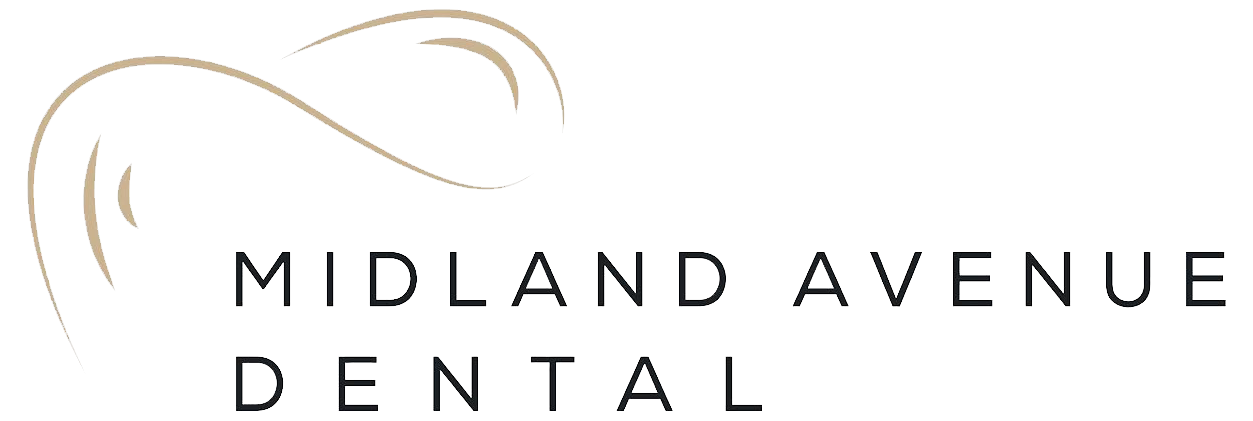If you are trying to overcome the challenges of eating with your dentures, please view our suggestions for plenty of excellent ideas on what to eat after you receive your new dentures.
Should You Eat Normally after a Denture?
When you receive your new dentures, your gums will need to get accustomed to them when chewing and biting. In addition, you may experience soreness in your gums from dental work you had to remove natural teeth. Therefore eating normally after dentures becomes a challenge making it essential to select tasty and soft foods you eat with dentures when you first have them in your mouth.
You can consider these foods to have with your new dentures until your mouth gums are accustomed to having them. The foods include hot cereals, applesauce, broth, pudding, mashed potatoes or vegetables, juice, yogurt, and gelatin dessert. You must refrain from having hot liquids because dentures insulate your mouth, making it insensitive to heat. However, after eating hot foods a few times, you will adjust to the new sensitivity levels.
Is It Safe to Eat and Chew Food after Dentures?
Whether you received partial or full dentures treatment, you can rest assured your mouth will adjust to the appliances helping you move to solid foods. In addition, the dentures will help you overcome the challenges of swallowing foods instead of chewing and biting them, making it safe to eat and chew foods after dentures.
You can transition to solid foods after your mouth adjusts to the dentures ensuring that you cut the food into tiny pieces to avoid chewing them excessively. You can start by incorporating foods like cooked rice, pasta, soft bread, soup with cooked vegetables and delicate meats, soft skin-free fish, and baked beans.
Foods to Refrain from with Dentures
You will eventually start eating all the foods you enjoy with the dentures if you ensure you chew thoroughly using both sides of your mouth evenly. However, there are some foods you must avoid or have them sparingly. The foods are mentioned below for your understanding.
- Sticky Foods: sticky foods can cause your dentures to move, allowing thefood to get beneath the dentures to irritate your gums. Therefore you must avoid peanut butter and gummy candies.
- Foods with Tiny Stubborn Pieces:foods with tiny pieces your natural teeth cannot chew or grind represent problems for dentures. For example, popcorn kernels, shelled nuts or seeds can remain trapped in and around the dentures.
- Hard Foods: hard foods require excessive chewing on the dentures to apply uneven pressure. Such foods can damage the appliances or dislodge them. Therefore you must refrain from having apples, carrot sticks, popcorn, nuts, et cetera except as occasional treats.
- Tough Meat:foods requiring excessive chewing to tenderize are stressful for dentures. Excessive chewing and grinding create soreness on the gums where the dentures meet. Therefore pork chops, steak, and ribs are better avoided.
Enjoyable Foods with Dentures
If you miss the foods mentioned above, take heart because there are tasty substitutes to replace them. You can consider the following delicious options and include them in your denture-friendly diet.
The foods we recommend into slow cooked meats, ground meat, nut or protein spreads, ripe fruits, cooked vegetables, et cetera because the wide variety of foods will ensure you will always be energized with these healthy foods.
Substituting your natural teeth with dentures does not mean an end to your culinary adventures. On the contrary, after a few days of exercising caution, soon after getting your new dentures, you can start eating the foods you have not had for some time or develop new ways to prepare food that you enjoy.
Treating your dentures appropriately will allow you to eat well for many years to keep you nourished while helping you enjoy your facial aesthetics and smile without the embarrassment of vacant gaps between your teeth.
If you are considering new dentures for your missing teeth, we suggest meeting Midland Avenue Dental for your artificial teeth. They will provide customized dentures with adequate instructions on what to eat and avoid after getting dentures to cover your aesthetic deficiencies.

